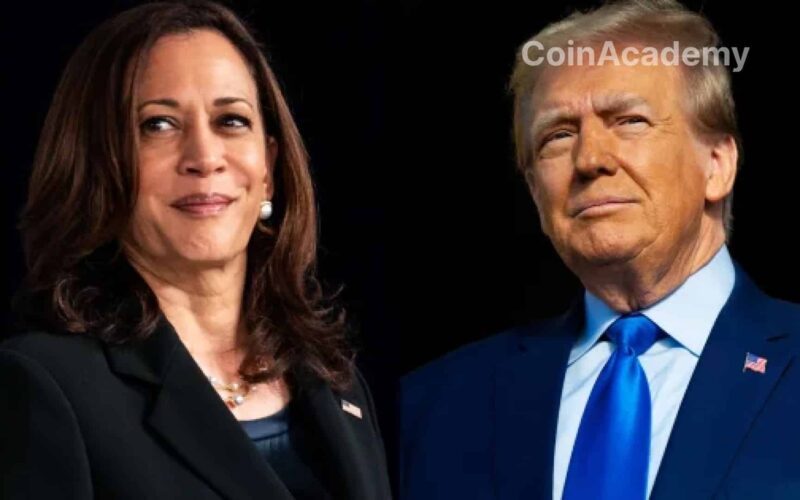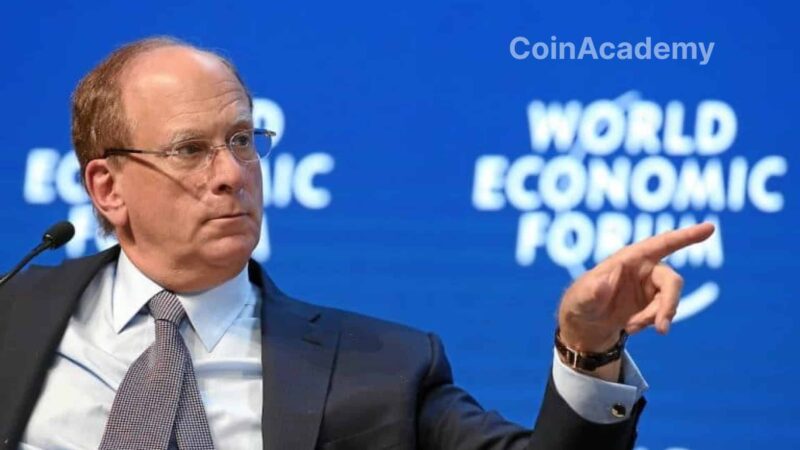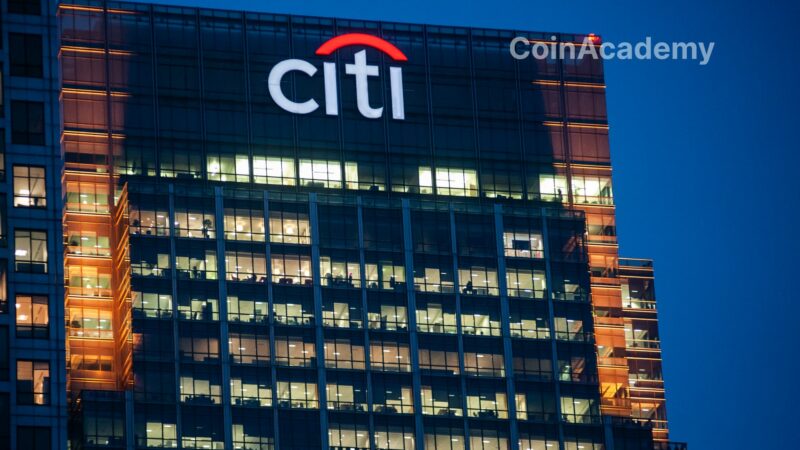Debate Between Kamala Harris and Donald Trump: The Missing Discussion on Cryptocurrencies
During the debate between Kamala Harris and Donald Trump, cryptocurrencies and digital technologies were completely ignored, despite their crucial importance for the future of the U.S. economy.
The candidates chose to focus on traditional subjects such as the economy and healthcare, targeting undecided voters, without addressing the opportunities and challenges posed by technological innovations.
The absence of discussions on crypto may reflect a lack of interest or ambiguity regarding future regulation, despite the growing significance of the sector for global markets.
As the U.S. presidential election approaches, questions related to cryptocurrency continue to be overlooked in debates.
In the first national debate between former Vice President Kamala Harris and ex-President Donald Trump, the topic once again went unaddressed, despite the growing expectations from the crypto industry.
Electoral Context and Anticipations
On November 5, 2024, American voters will elect a new president who will play a crucial role in shaping future policies, including those concerning cryptocurrency regulation. As this deadline approaches, industry players hope to see these issues at the center of discussions, especially since the next president will have the power to appoint influential regulatory agency leaders who can reshape the regulatory framework of the digital assets industry.
However, once again, the debate focused mainly on traditional subjects, with a heated exchange regarding the candidates’ visions for the future of the United States, but not a word about technological issues or cryptocurrencies.
Decoding the Debate: Candidates’ Strategies
Current Vice President Kamala Harris concentrated her speech on subjects appealing to undecided centrist voters, emphasizing social issues such as healthcare rights protection, immigration, and tax relief for small businesses. Harris also used provocative comments to attempt to destabilize Trump, notably recalling controversies related to crowd sizes at his rallies.
On the other hand, Donald Trump sought to present himself as the man capable of reviving the American economy, criticizing the Biden administration’s management, in which Harris is a part of, on subjects such as pandemic handling and trade policy. He also stressed his track record and ability to deliver concrete results, positioning himself in direct contrast with the current administration.
“Harris largely convinced during last night’s debate, equalizing with Trump on @Polymarket,” tweeted Coin Academy (@coinacademy_fr) with a poll showing an even split.
The Major Absentees: Crypto and Technological Challenges
Although the importance of technology in the global economy is undeniable, none of the candidates mentioned the challenges or opportunities associated with digital innovations. Central topics like cryptocurrency, artificial intelligence, or recent judicial decisions regarding competition in the technology sector (such as the ruling against Google for monopoly) were completely ignored. Yet, these subjects are crucial for the future of the American digital economy.
Polymarket, the leading predictive betting platform, closely followed real-time reactions during the debate. Before the debate, Trump had a slight advantage in betting on the 2024 presidential election but, by the end of the evening, he and Harris were tied. A post-debate poll conducted by CNN showed that viewers believed Harris had won the exchange, which could influence the course in the coming weeks.
The Absence of Crypto: What Signal for the Industry?
The fact that cryptocurrency was not addressed in this debate can be interpreted in several ways. On one hand, it reflects that the candidates prioritize more immediate subjects for average voters, such as healthcare, immigration, and traditional economy. On the other hand, it highlights the work that the digital asset industry still needs to do to become a priority in public policies in the United States.
The increasing influence of cryptocurrencies on global financial markets and their potential to transform sectors like cross-border payments, investments, and even digital governance are beyond question. However, this absence in political discussions could indicate a lack of consensus on how to effectively regulate this emerging technology, or simply a temporary lack of interest from major candidates.
What to Expect Going Forward?
While the debate between vice-presidential candidates J.D. Vance and Tim Walz is scheduled for October 1, it remains uncertain if more debates between Harris and Trump will take place. Harris’ campaign team has expressed interest in another debate, while Trump has hinted that he would consider the possibility without firmly committing.
The crypto industry, meanwhile, continues to await clearer signs of the direction American politics will take in this crucial field. As the election approaches, hope remains that the candidates will eventually address these issues in their respective programs.




